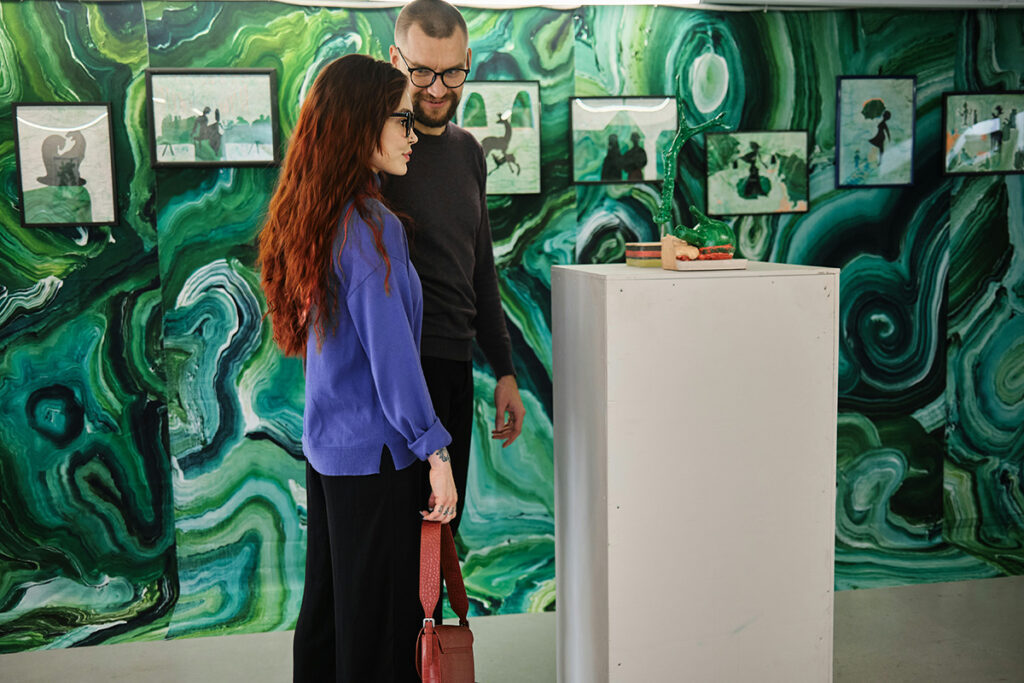Almost from the day we’re born we begin to learn how to speak. It’s an incredibly simple process and people in every culture follow the same basic pattern. As babies and then children, we listen, imitate and remarkably quickly begin to associate sounds with meaning. We start with simple sounds like cooing and babbling and gradually progress to words and phrases.

Simply learning to speak, though, is not the same as learning to have a conversation. Conversation is more of an art. Writing for the British Psychological Society. Emma Young says, “Every time we catch up with a friend, we share the stories of our lives, from the mundane to the profound. Swapping stories — and especially secrets — helps to create friendships in the first place. Now new research is providing some intriguing insights into how to get that process going, and keep it going — on how best to handle conversations, to turn acquaintances or even strangers into new friends, and new friends into life-long confidantes.”
Like any art, conversation invites you to exercise your creativity. But it also helps to be aware of some basic rules to follow in order to let your creativity flow. Just as a poet should understand rhyme and rhythm, or a visual artist should know the intricacies of perspective, a conversationalist should be aware of some do’s and don’ts that will help them start and nurture a conversation with strangers as well as friends.
Citing the latest research regarding the art of conversation, Young offers some do’s and don’ts based on a solid foundation of psychology.
“Do talk to strangers…” There’s a practical reason to start a conversation with a stranger: it will make you happy. Many people may find that hard to believe because they might feel a bit awkward when they say something unsolicited to a complete stranger — an awkwardness inspired in part by the fear that other people won’t reply to them at all. Research conducted in both America and Great Britain, however, dispels this belief. People, it turns out, quite willingly respond to a good-natured comment or question. Even more importantly, the research showed that both people leave a conversation, even if it’s simply small talk, in a happier state of mind.
“…But be aware of their personal space.” Body language extends beyond facial expressions — it includes the personal space that people keep around them. Although the amount of space people prefer differs by culture and to a lesser extent by gender (women generally like more space than men), it’s important to keep personal space in mind if and when you strike up a conversation with a stranger. Don’t step in or get too close as you speak — and always give a smile as or after you make a comment.
“Do go deep.” There is plenty of research to indicate that making small talk is a great way to initiate a conversation. Surprisingly, though, people are quite comfortable with moving beyond small talk to deeper subjects sooner rather than later. Citing a 2021 study, Young says, “The participants in this research overestimated how awkward a deep conversation with a stranger would be — and also underestimated how interested strangers would be in their revelations. And though the participants expected to prefer a shallow over a deep conversation with a stranger, this was not the case. The deep conversations left them feeling more connected.”
“Do be complimentary.” Compliments are so easy to give that you might wonder why most people don’t compliment their friends more often. It may be a simple matter of not knowing how much people value a compliment. Again referring to the latest research, Young says it “consistently found that pairs of friends undervalued the positive effect of compliments made to the other — they underestimated the resulting feelings of warmth in the recipient — and overestimated how awkward that recipient would feel.” Also importantly, the research indicates that even simple compliments — I love your sense of humor — have significant effects.
“Don’t fret after a conversation.” Recent research about conversations yields some surprising findings. In particular, it reveals people know very little about the effects that conversation has on people. Basically, we don’t understand how truly valuable conversation is. Young points to two insights that should help us develop a new appreciation for this valuable art. First, people underestimate how much people report liking us after a conversation. In addition, people think about us after a conversation much more than we typically think they do. For anyone reluctant to start a conversation with a friend or a stranger, that’s wonderful news. Get the conversation going — and be assured your friend, family member or even a stranger will like you more and often think about you afterwards with a smile on their face.